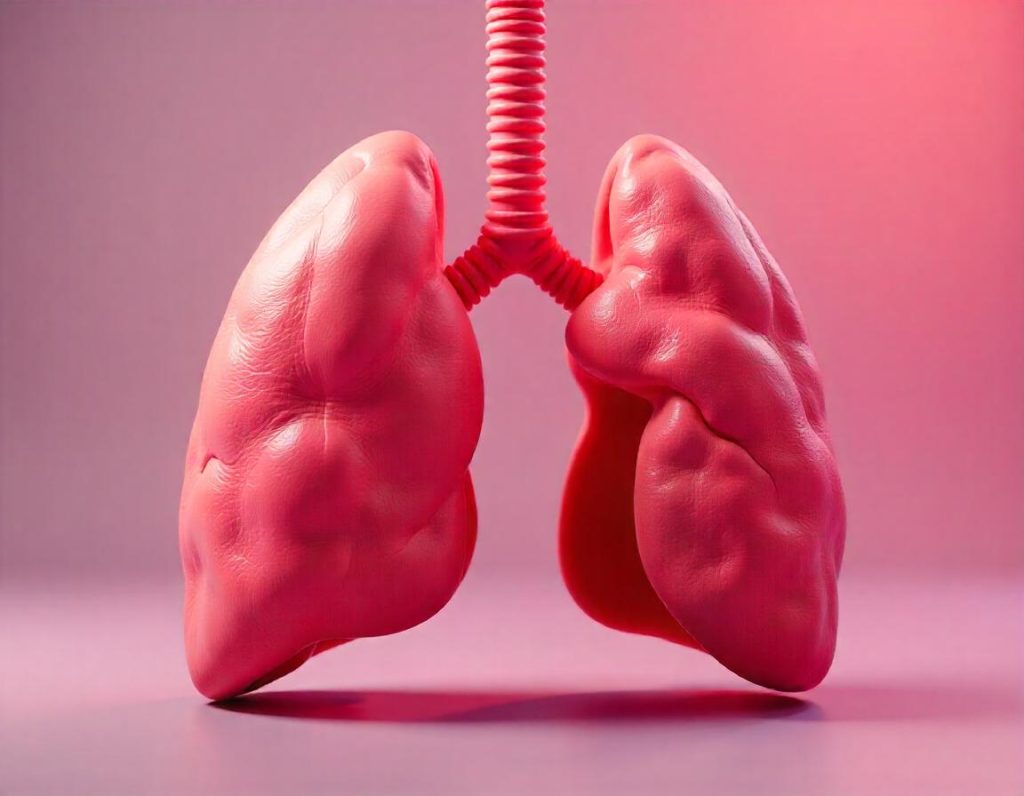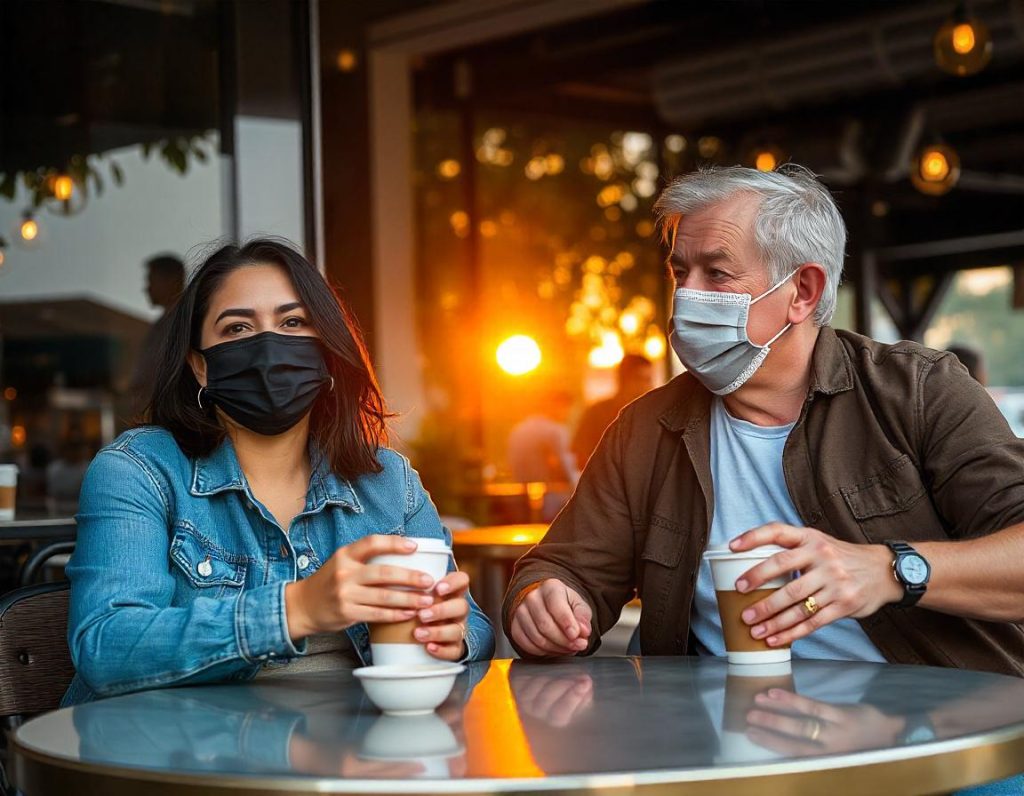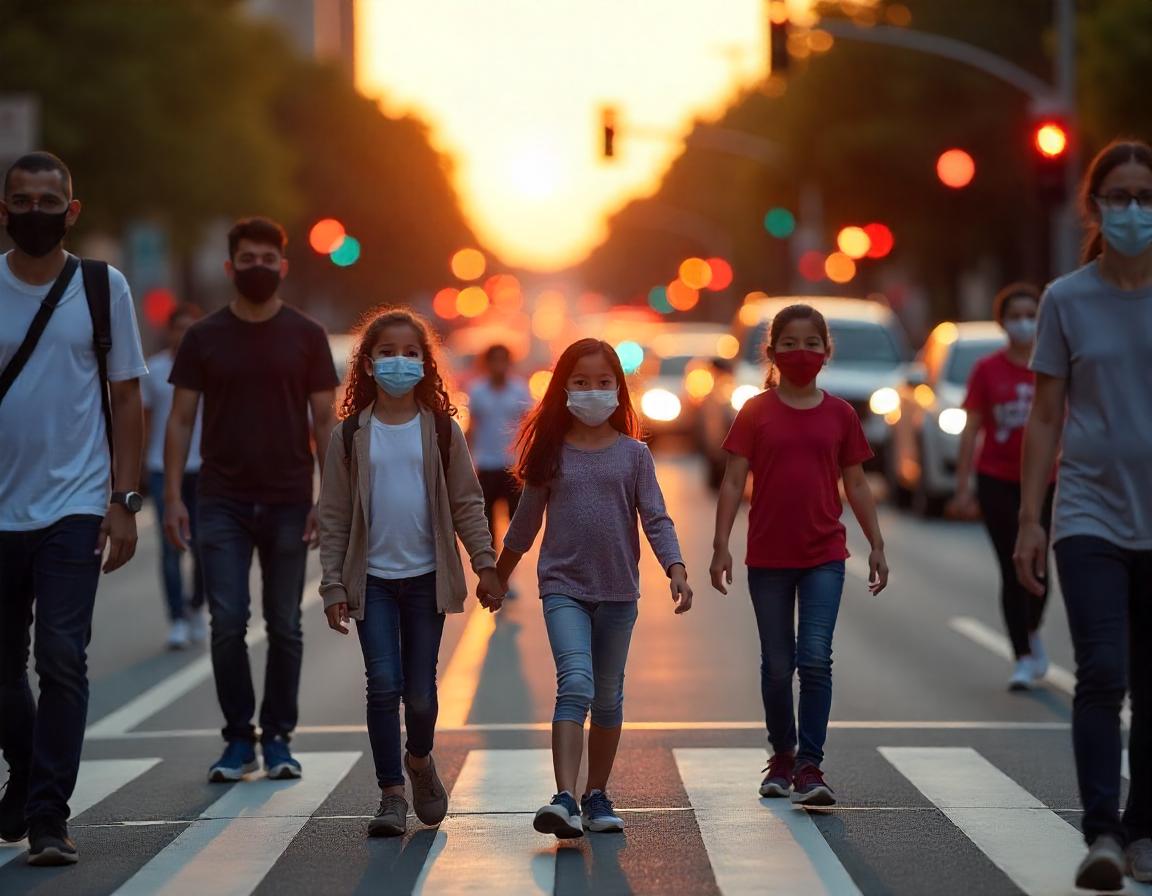Understanding hMPV Virus Symptoms, Causes, and Prevention
The human metapneumovirus (hMPV) infection is a respiratory virus that can cause mild to severe illness, particularly in young children, older adults, and people with weakened immune systems. Since its discovery in 2001, hMPV has become recognized as one of the leading causes of respiratory infections worldwide. In this article, we’ll explore the hMPV virus symptoms, how it spreads, and essential prevention tips.
What Is hMPV and Why Should You Be Concerned?
Human metapneumovirus (hMPV) belongs to the Paramyxoviridae family, which also includes viruses like RSV (respiratory syncytial virus). It primarily infects the respiratory tract and can lead to illnesses ranging from mild cold-like symptoms to severe conditions like pneumonia or bronchitis.
The virus spreads through respiratory droplets, making it highly contagious in close-contact environments such as schools, hospitals, and households.
Common signs of hMPV Virus
The symptoms of hMPV vary depending on the individual’s age and immune system strength. Here are the most common signs:
- Fever: A mild to high fever is one of the earliest signs of hMPV infection.
- Cough: Persistent coughing, sometimes accompanied by phlegm, is a typical symptom.
- Runny or Stuffy Nose: Nasal congestion and a runny nose are common, resembling a cold.
- Shortness of Breath: Severe cases may cause difficulty breathing, especially in older adults or those with underlying health conditions.
- Sore Throat: Many patients report irritation or soreness in the throat.
- Fatigue: General tiredness or weakness can last several days.
- Wheezing: Particularly in young children, wheezing can develop if the virus affects the lower respiratory tract.
In severe cases, hMPV may lead to complications such as:
- Bronchiolitis
- Pneumonia
- Acute respiratory distress
If you or a loved one experiences severe symptoms like difficulty breathing high fever, or chest pain, seek medical attention immediately.
Human Metapneumovirus Infection Risks?
While anyone can catch hMPV, certain groups are more vulnerable:
- Children under 5 years old: Especially infants, as their immune systems are still developing.
- Older adults: Those aged 65 and above are more likely to develop severe respiratory complications.
- Immunocompromised individuals: People with conditions like cancer, HIV, or organ transplants are at higher risk.
- People with chronic illnesses: Those with asthma, diabetes, or heart disease are more prone to severe cases.
How Does Human Metapneumovirus Infection Spread?
The hMPV virus spreads via respiratory droplets from coughing, sneezing, or close contact with an infected person. It can also survive on surfaces for a limited time, making hand hygiene crucial in prevention.
hMPV Prevention
There’s no specific vaccine or antiviral treatment for hMPV, but you can minimize your risk by following these hMPV prevention tips:
- Wash Hands Frequently: Use soap and water for at least 20 seconds, or use hand sanitizer when soap isn’t available.
- Avoid Close Contact: Stay away from people showing symptoms of respiratory illness.
- Disinfect Surfaces: Regularly clean frequently touched surfaces like doorknobs, light switches, and mobile phones.
- Boost Your Immune System: Eat a balanced diet, exercise regularly, and get enough sleep to strengthen your immunity.
- Stay Home When Sick: If you’re feeling unwell, avoid public spaces to prevent spreading the virus to others.
Respiratory illness caused by hMPV:

- hMPV is a contagious respiratory virus causing cold-like symptoms and serious complications in some cases.
- Vulnerable groups include young children, older adults, and immunocompromised individuals.
- Preventive measures like good hygiene and avoiding close contact with infected individuals are essential.
Diagnosis and Treatment Signs of hMPV

Doctors can diagnose hMPV by combining physical exams, patient history, and laboratory tests like PCR (polymerase chain reaction) or respiratory swabs.
Treatment focuses on relieving symptoms, as there’s no specific antiviral medication for hMPV. Common remedies include:
- Rest and hydration
- Over-the-counter fever reducers like acetaminophen or ibuprofen
- Steam inhalation to ease congestion
Hospitalization may be necessary for severe cases, especially if oxygen therapy or mechanical ventilation is required.
Final Thoughts on hMPV Virus Symptoms

hMPV virus symptoms can range from mild to severe, but awareness and preventive measures can go a long way toward protecting yourself and your loved ones. If you suspect an hMPV infection, consult a healthcare provider for an accurate diagnosis and appropriate care.
Stay informed, practice good hygiene, and share this article with friends and family to spread awareness about the human metapneumovirus infection and how to stay safe.
Human metapneumovirus (hMPV) causes cold-like symptoms but can lead to severe respiratory issues in vulnerable groups. According to the CDC, it primarily spreads through respiratory droplets, making hygiene practices critical.
For additional protection, check out our BMI Calculator to assess your health status and immunity.
To learn more about hMPV, visit the World Health Organization or explore respiratory illnesses at Mayo Clinic.
Disclaimer
The information provided in this blog, “hMPV Virus symptoms,” is for educational purposes only and does not constitute financial advice. Always consult a financial expert before making investment decisions. For more financial tips, personal finance advice, and wealth management strategies, visit MintyWealth.
